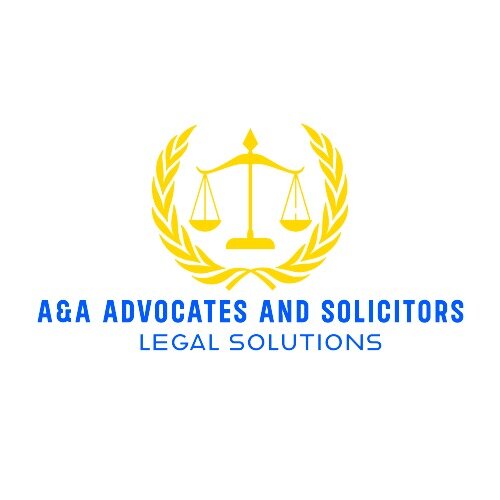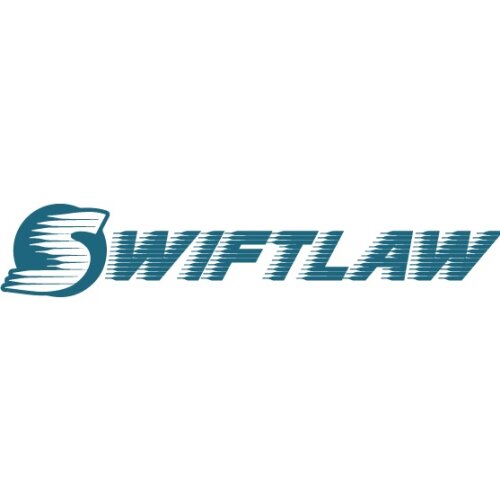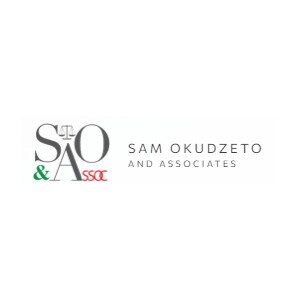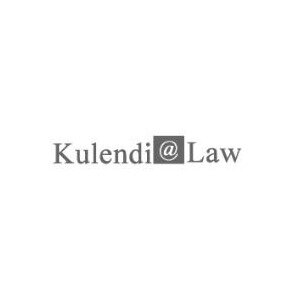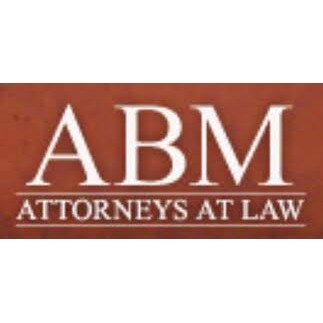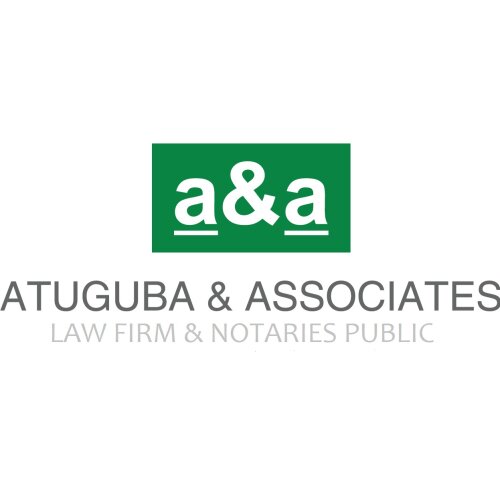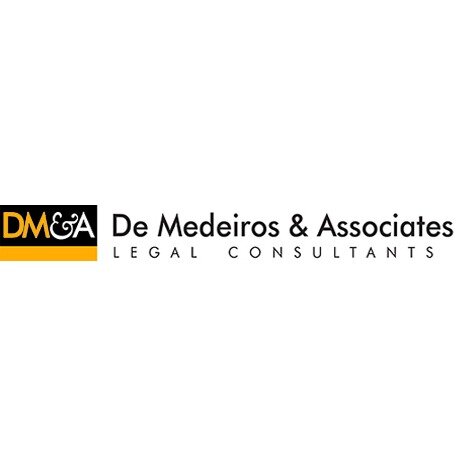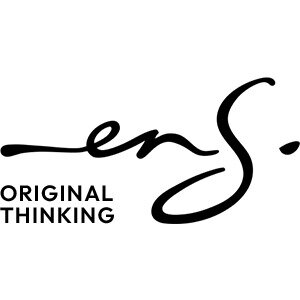Best Art & Cultural Property Law Lawyers in Ghana
Share your needs with us, get contacted by law firms.
Free. Takes 2 min.
Or refine your search by selecting a city:
List of the best lawyers in Ghana
About Art & Cultural Property Law in Ghana
Art & Cultural Property Law in Ghana is a specialized area of law that governs the protection, management, and ownership of art and cultural properties within the country. Ghana is rich in cultural heritage and this branch of law ensures the preservation and rightful ownership of cultural assets. These may include traditional artifacts, art pieces, monuments, and other forms of cultural manifestations. The law also deals with the transfer, sale, and repatriation of cultural properties, aligning with international conventions to which Ghana is a signatory.
Why You May Need a Lawyer
There are several situations where individuals or organizations may require legal assistance in the field of Art & Cultural Property Law in Ghana:
- Disputes over the ownership of cultural artifacts.
- Assistance with the legal processes of acquiring permits for archeological excavations or art exhibitions.
- Advice on compliance with national and international laws concerning the movement and export of cultural properties.
- Representation in cases involving cultural heritage theft or unauthorized sales.
- Negotiation and drafting of contracts for the sale or loan of art and cultural items.
A qualified lawyer can help ensure that your interests are protected and that you comply with the relevant legal requirements.
Local Laws Overview
Ghana's legal framework concerning art and cultural property is grounded in a mix of customary law and modern statutory provisions. Key legal aspects include:
- The Constitution of Ghana: It provides the basic legal framework for the protection of cultural heritage and ensures the preservation of customary practices.
- The Cultural Policy of Ghana: Aims to preserve and promote the diverse cultural heritage of the country.
- The National Museum Decree: Governs the establishment and management of museums, ensuring the protection and display of artifacts.
- The Heritage Protection Act: Provides specific guidelines for the management of national heritage sites and cultural assets.
- The Copyright Act: Ensures protection of artistic works and creative expressions against unauthorized use.
Frequently Asked Questions
What is considered cultural property under Ghanaian law?
Cultural property includes artifacts, art, monuments, and sites that hold historical, artistic, or cultural significance.
How are cultural properties protected in Ghana?
They are protected under various national laws and policies like the Cultural Policy of Ghana, which outlines measures for preservation and promotion.
Can cultural artifacts be exported from Ghana?
Exporting cultural artifacts is regulated, and a permit is required. Unauthorized exportation is prohibited by law.
What is the process for obtaining a permit for archeological excavation?
You must apply to the relevant authorities, including the Ghana Museums and Monuments Board, demonstrating compliance with legal requirements.
What recourse is available if cultural property is stolen?
The law provides for legal action to recover stolen cultural property, and expert legal advice can guide you through the process.
Are there international agreements that Ghana follows in relation to cultural property?
Yes, Ghana is a signatory to international conventions like the UNESCO 1970 Convention aimed at prohibiting and preventing the illicit import, export, and transfer of ownership of cultural property.
How do I prove ownership of cultural artifacts?
Ownership can often be proven through documentation, traditional ownership rights, and compliance with legal registration processes.
How is art protected under the Copyright Act in Ghana?
The Copyright Act provides legal protection against unauthorized reproduction and distribution of artistic works.
Can I loan or sell cultural artifacts?
Yes, but it requires adherence to specific legal protocols, including registration and agreement conforming to the standard regulations.
Who is responsible for enforcing cultural property laws in Ghana?
Enforcement relies on several bodies including the Ministry of Tourism, Arts and Culture, and the Ghana Museums and Monuments Board.
Additional Resources
For more information or assistance, you may refer to the following resources and bodies:
- Ministry of Tourism, Arts and Culture: Oversight body for policy implementation in tourism and culture.
- Ghana Museums and Monuments Board: Protects and maintains Ghana’s cultural heritage.
- National Commission on Culture: Promotes the integration of cultural policies across various sectors.
- UNESCO National Office in Ghana: Provides support in preserving cultural heritage and properties.
Next Steps
If you require legal assistance in Art & Cultural Property Law in Ghana, consider the following steps:
- Consult with a lawyer who specializes in Art & Cultural Property Law.
- Gather all relevant documentation related to your case or situation.
- Visit the offices of relevant governmental bodies for guidance and information.
- Ensure compliance with any advice or directives provided by your legal representative.
- Attend all legal proceedings or negotiations as required by your case.
Sound legal advice can be crucial in navigating the complexities of Art & Cultural Property Law effectively.
Lawzana helps you find the best lawyers and law firms in Ghana through a curated and pre-screened list of qualified legal professionals. Our platform offers rankings and detailed profiles of attorneys and law firms, allowing you to compare based on practice areas, including Art & Cultural Property Law, experience, and client feedback.
Each profile includes a description of the firm's areas of practice, client reviews, team members and partners, year of establishment, spoken languages, office locations, contact information, social media presence, and any published articles or resources. Most firms on our platform speak English and are experienced in both local and international legal matters.
Get a quote from top-rated law firms in Ghana — quickly, securely, and without unnecessary hassle.
Disclaimer:
The information provided on this page is for general informational purposes only and does not constitute legal advice. While we strive to ensure the accuracy and relevance of the content, legal information may change over time, and interpretations of the law can vary. You should always consult with a qualified legal professional for advice specific to your situation.
We disclaim all liability for actions taken or not taken based on the content of this page. If you believe any information is incorrect or outdated, please contact us, and we will review and update it where appropriate.
Browse art & cultural property law law firms by city in Ghana
Refine your search by selecting a city.



